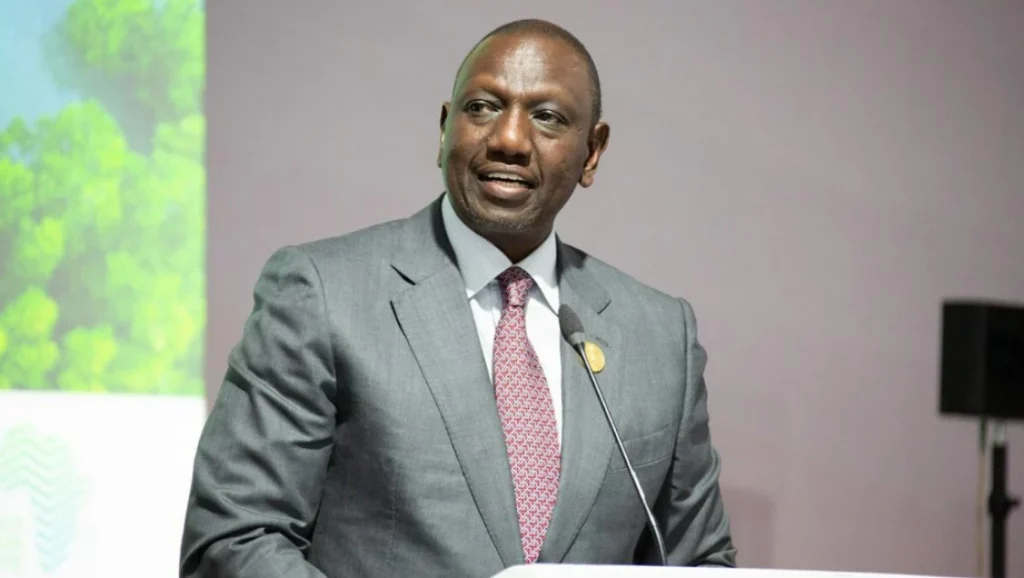President William Ruto has voiced concerns over the recent Tanzanian elections, describing the landslide victory of President Samia Suluhu as improbable in a true democracy. Speaking to Al Jazeera during the UN Second World Summit for Social Development (WSSD2) in Qatar, Ruto refrained from directly criticizing Tanzania but stressed the importance of democratic principles.
“It’s not for me to judge Tanzania. In a democracy, for example, in Kenya, you can never get 96%. Every country has a way of doing its stuff. But I think democracy is the best governance system,” Ruto said. He emphasized that democracy should allow for fair representation and that disagreements must be addressed without resorting to violence.
The Independent National Electoral Commission (INEC) in Tanzania declared Samia the winner on November 1, with 97.66% of the vote—31,913,866 out of 32,678,844 ballots cast. Her victory has been met with widespread protests, particularly from the opposition party CHADEMA and youth groups, who allege election irregularities.
Human rights organizations report more than 1,000 deaths linked to post-election unrest, though the government disputes these figures. Authorities have also charged 145 individuals with treason, and many remain missing. Among those arrested is CHADEMA Deputy Secretary General Amani Golugwa, while 22 others, including social media influencer Jennifer Jovin Bilikija, face charges of treason and conspiracy.
Former Botswana President Ian Khama has described Samia as an illegitimate leader, claiming the elections were rigged. Meanwhile, the Kenyan government is being urged to engage diplomatically to protect its citizens in Tanzania.
Tragically, a Kenyan teacher, John Okoth Ogutu, 33, was killed during the unrest. Interior Principal Secretary Dr. Raymond Omollo confirmed that the government is investigating the incident.
President Ruto’s comments underscore the importance of upholding democratic principles and peaceful engagement during elections, even as neighboring Tanzania grapples with political tension and public unrest.

